In 2025, youth-led protests erupted everywhere from Morocco to Nepal, Madagascar and Europe. A generation refused to remain silent in the face of economic precariousness, corruption and eroding democratic norms and institutions.
Although…
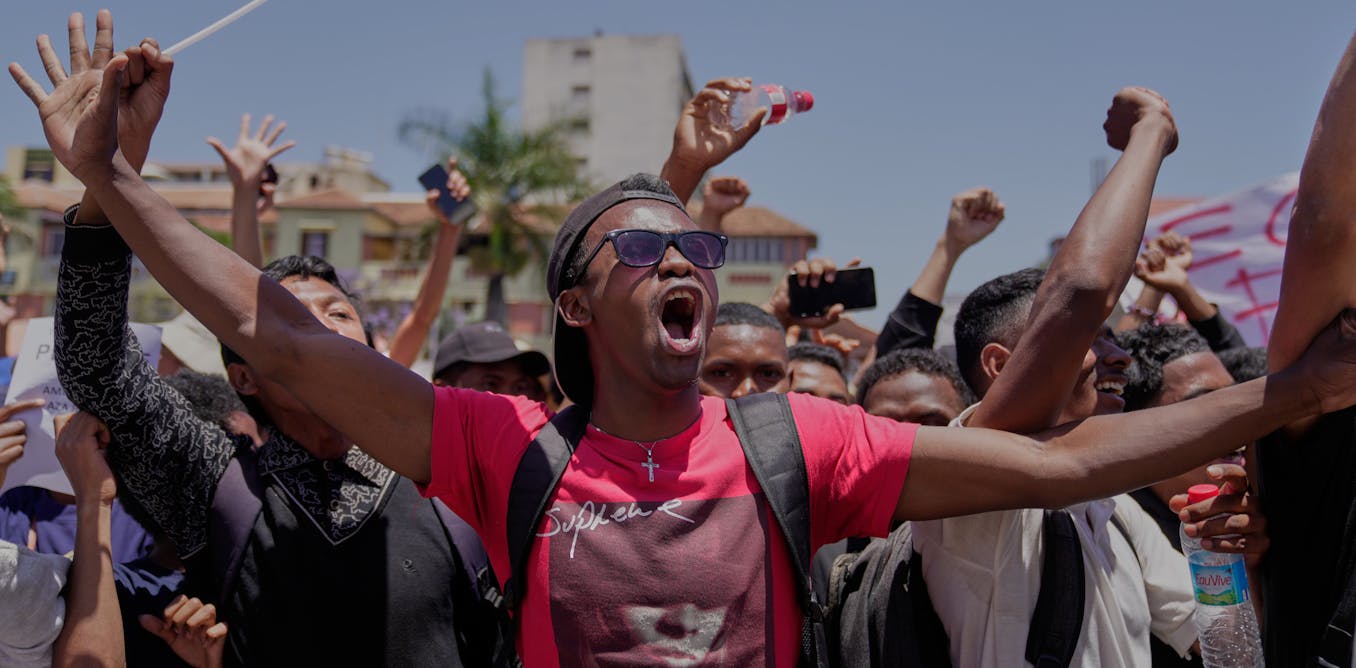
In 2025, youth-led protests erupted everywhere from Morocco to Nepal, Madagascar and Europe. A generation refused to remain silent in the face of economic precariousness, corruption and eroding democratic norms and institutions.
Although…
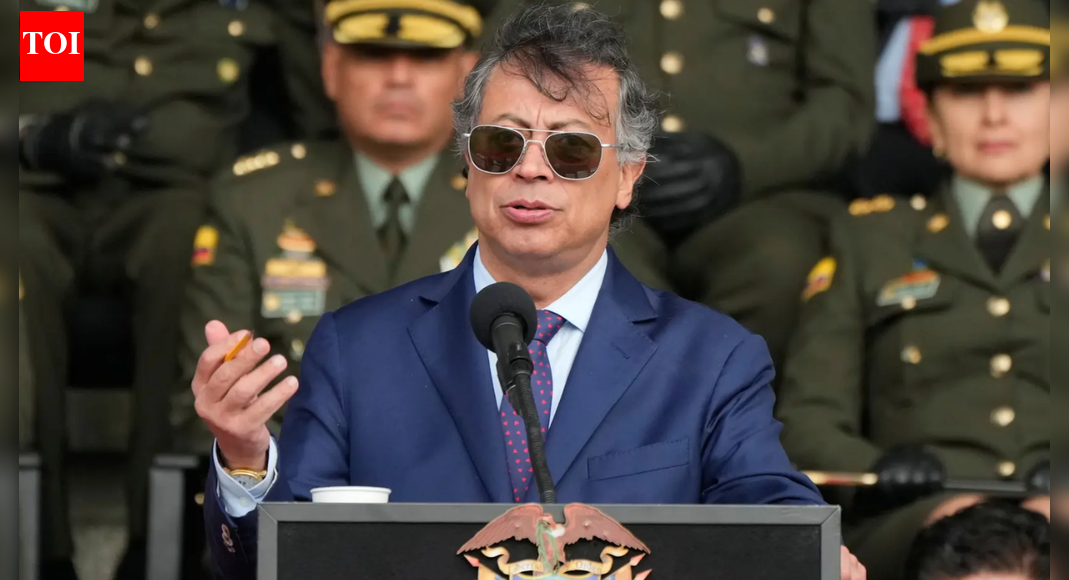
Colombian President Gustavo Petro said Monday he was prepared to “take up arms” after US President Donald Trump threatened possible military action against the South American country.Trump warned Petro…
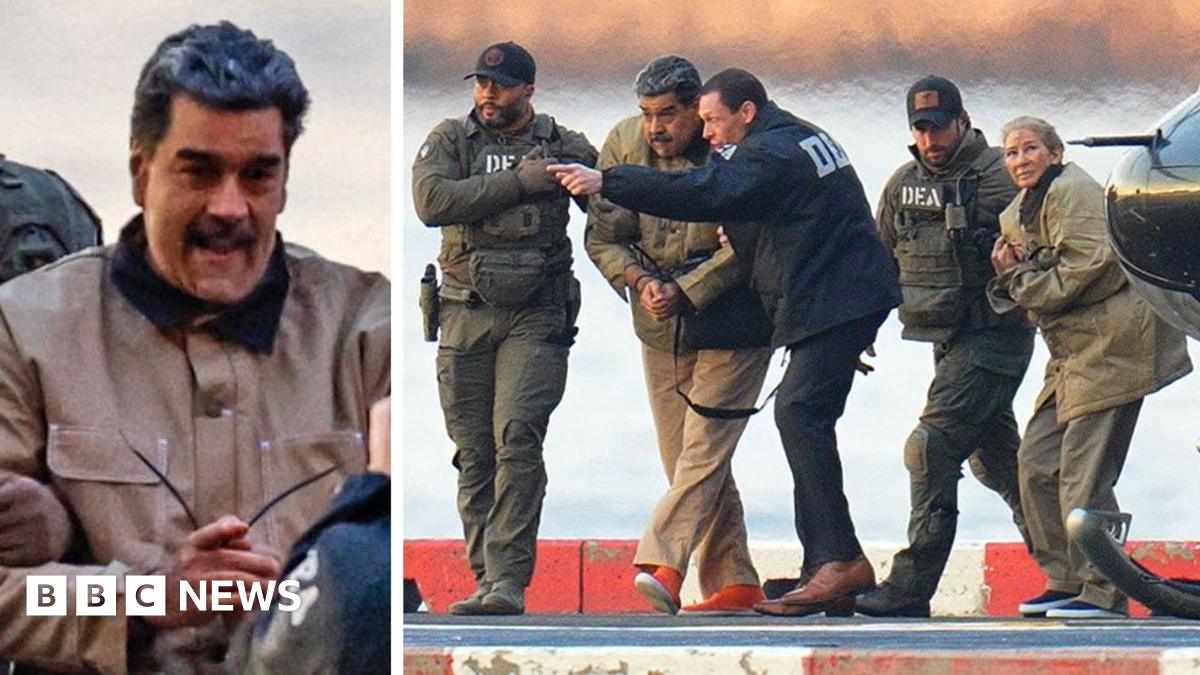
Guy Hedgecoe
Reporting from Madrid
 Image source, EPA/Shutterstock
Image source, EPA/ShutterstockThe Spanish government has been an outspoken critic of the
US’s removal of Venezuelan president…
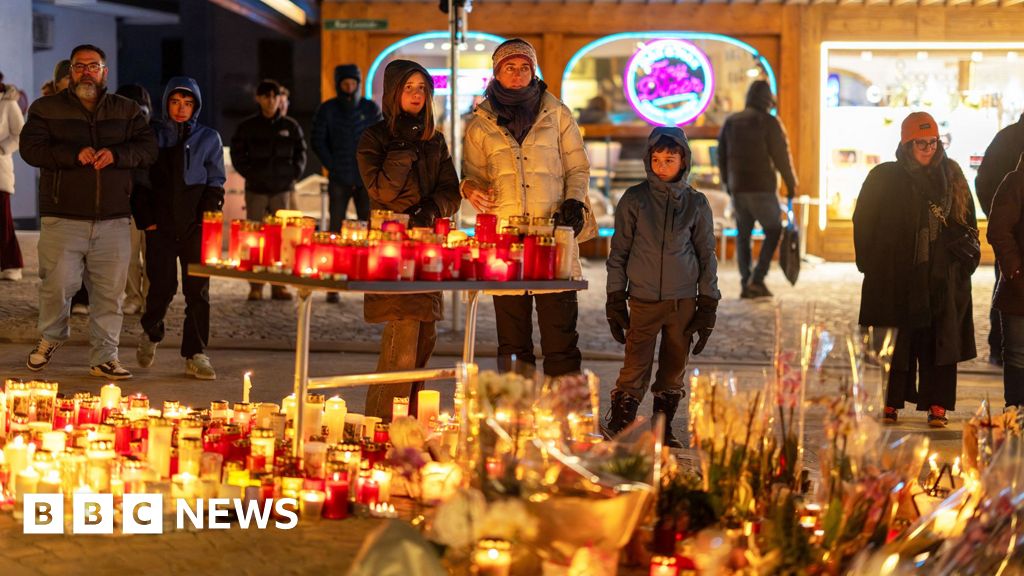
All 116 people injured in a bar fire at a Swiss ski resort have now been identified, officials have said.
Forty people were killed when a fire tore through a busy venue in Crans-Montana on New Year’s Eve, with victims’ age ranging from 14 to 39…

Venezuelan President Nicolas Maduro is to appear in a New York court on Monday, two days after he was abducted by US special forces in a military operation in Caracas.
The US military arrested Maduro and his wife, Cilia Flores, on Saturday and…
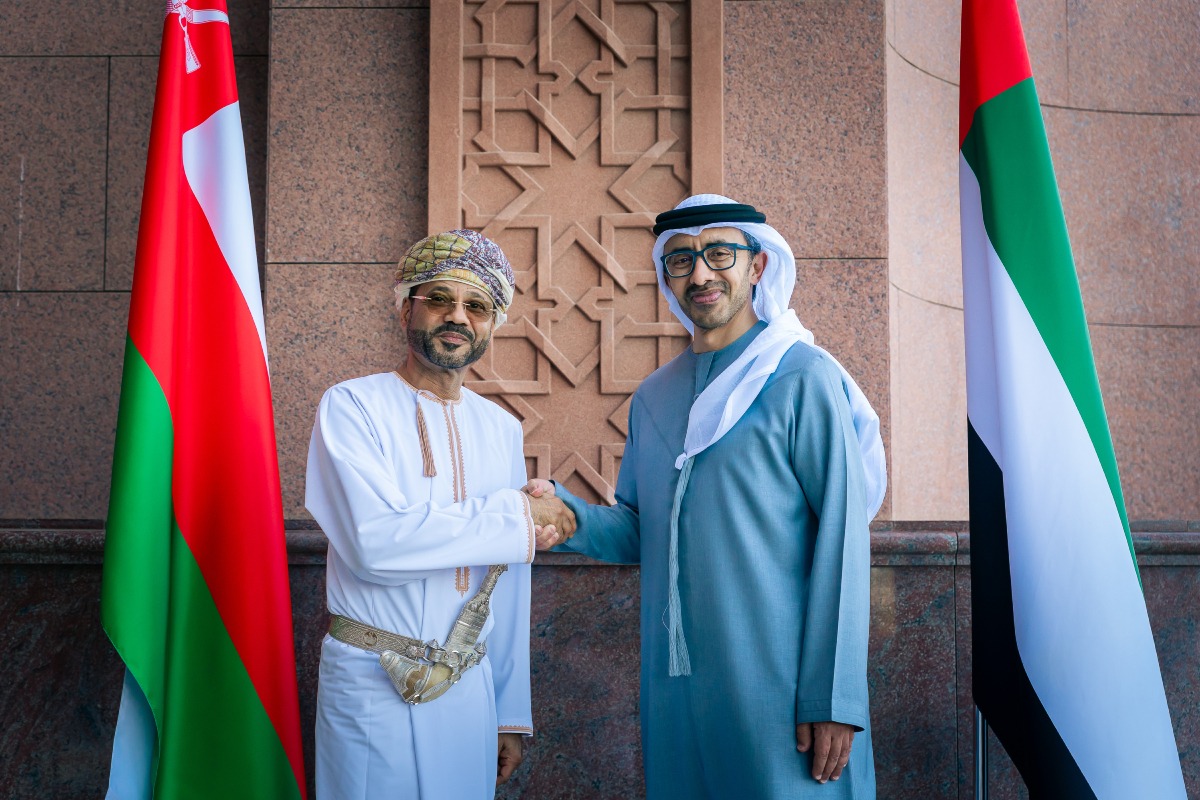
The Foreign Ministers of the United Arab Emirates, the Hashemite Kingdom of Jordan, the Republic of…
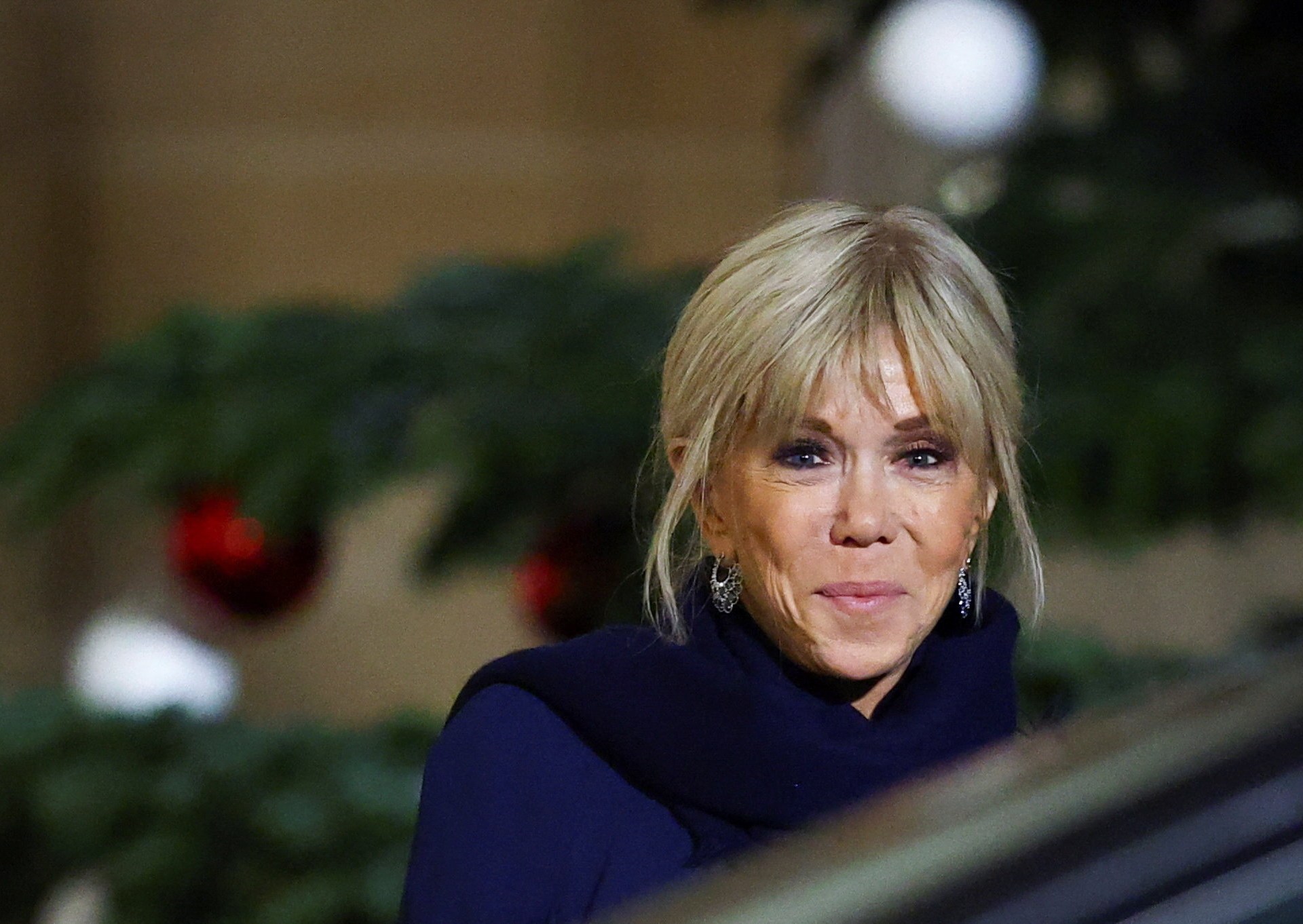
President Emmanuel Macron’s wife, Brigitte, has faced intense harassment on social media with malicious claims she was born a man.
Published On 5 Jan 2026
A Paris court has found 10 people…
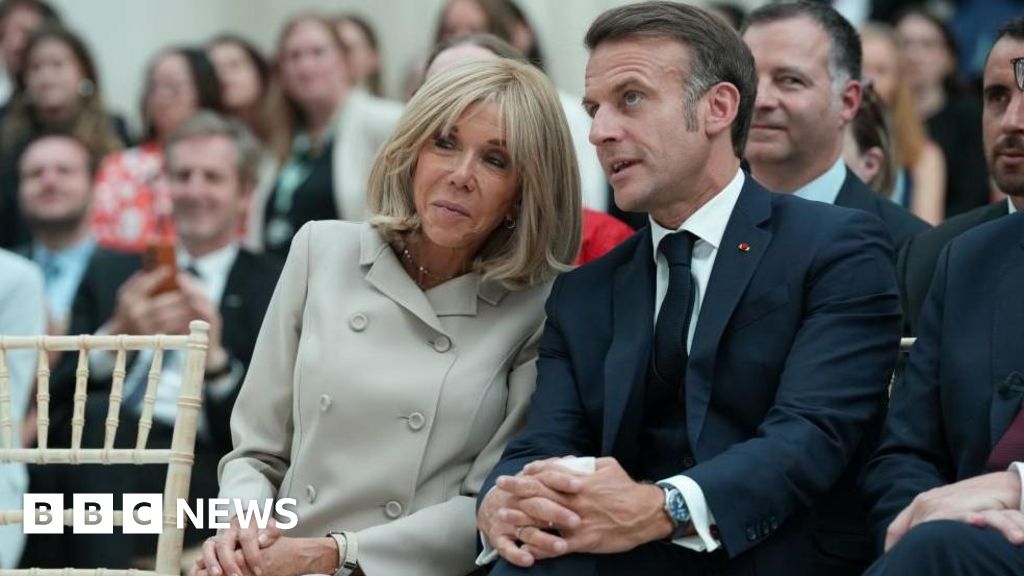
Ten people have been found guilty of cyber-bullying Brigitte Macron, the wife of French President Emmanuel Macron, by a Paris court.
The defendants were accused of spreading false claims about her gender and sexuality, as well as making…